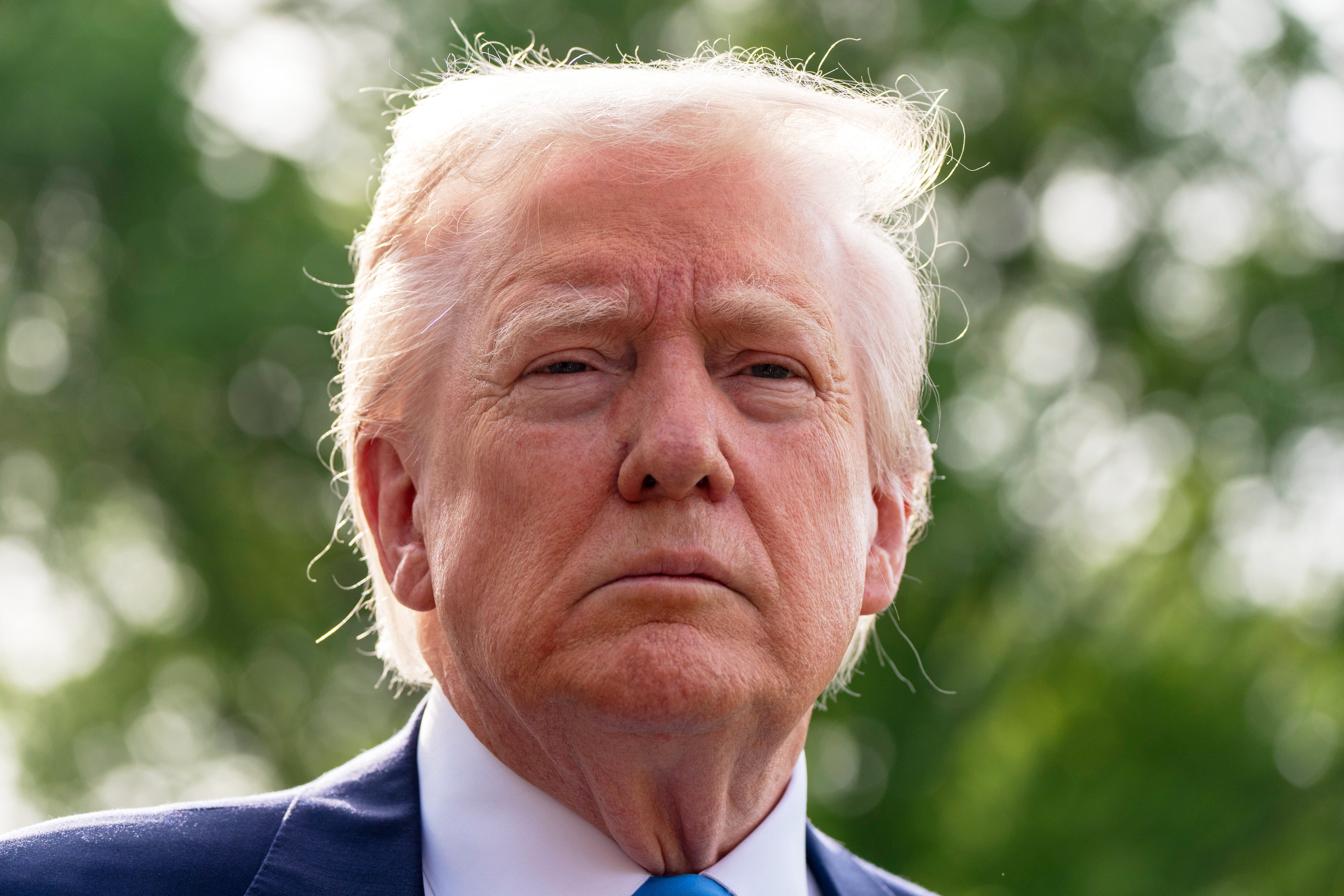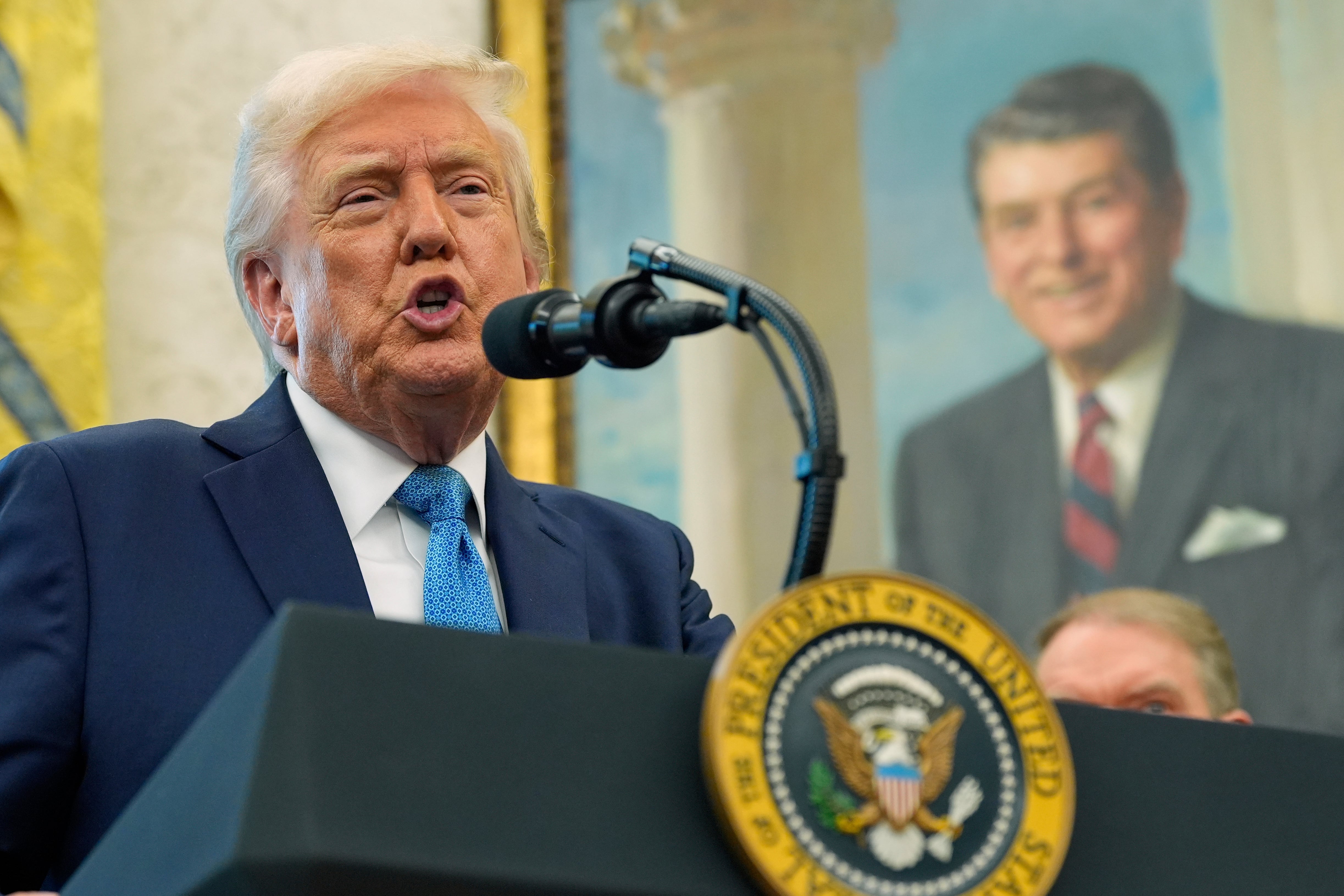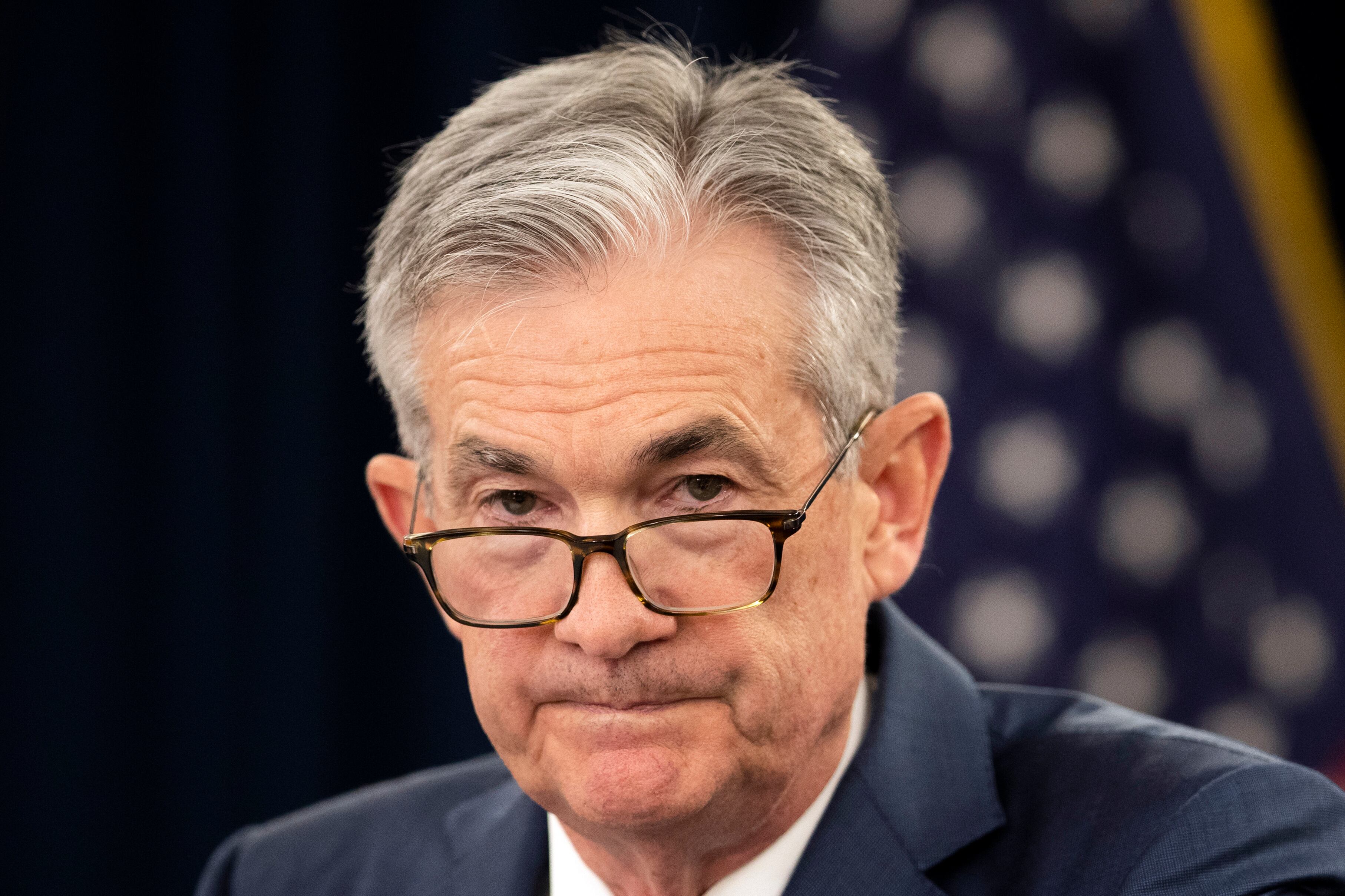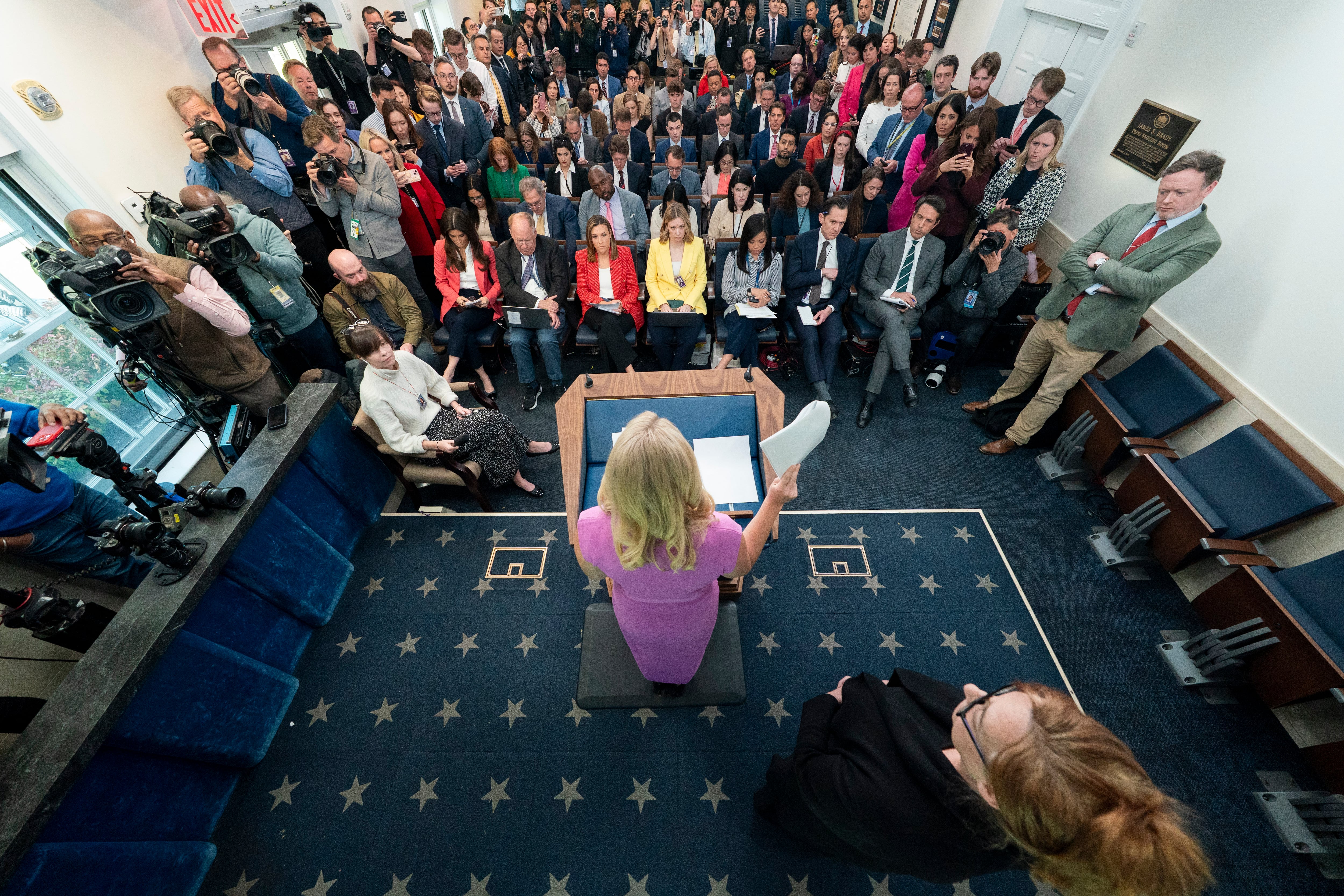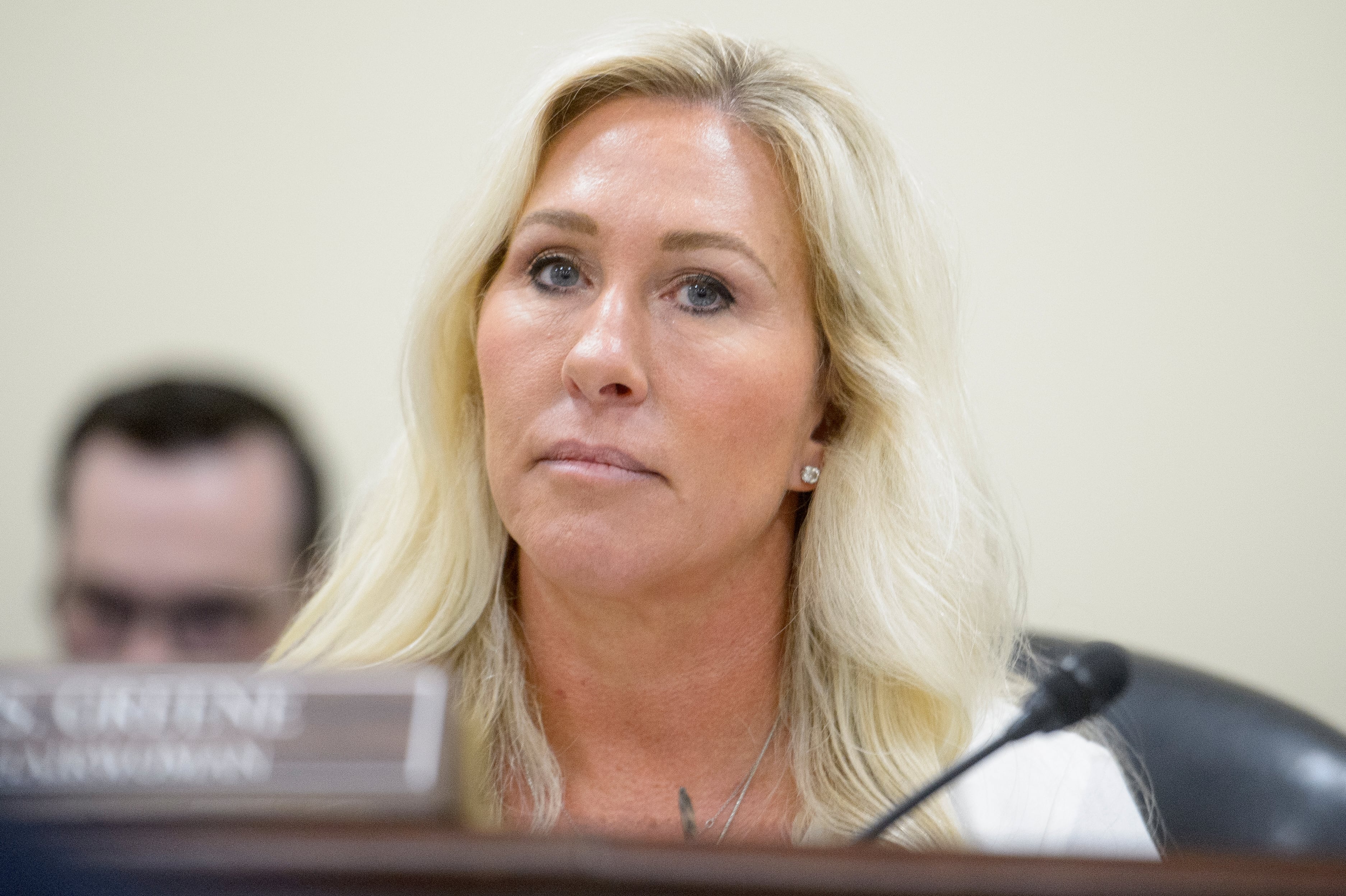The U.S. has surpassed its $31.4 trillion debt limit, leading the Treasury Department to implement extraordinary measures.
Treasury Secretary Janet Yellen notified Congressional leadership Thursday morning that she would begin implementing stopgap options to keep the government funded and avoid default. However, she has stressed the measures can only be used for a limited amount of time, likely through June.
Yellen has said it’s critical Congress act in a timely manner, warning that failure to address the debt ceiling would cause irreparable harm to the U.S. economy.
"I respectfully urge Congress to act promptly to protect the full faith and credit of the United States," Yellen wrote in Thursday’s letter to congressional leaders.
Republicans, led by House Speaker Kevin McCarthy, are looking to use the additional time to negotiate with Democrats; they are hoping to cut spending in exchange for raising the debt ceiling. But, Democrats are so far refusing to make concessions.
"It is something that should be done without concessions. We should not be negotiating around it," White House Press Secretary Karine Jean-Pierre told reporters Wednesday. "It is the basic duty of Congress to get that done."
Why not tax the millionaires? That question won't seem to go away as Congress begins drafting a package of tax breaks and spending cuts for President Donald Trump’s “big, beautiful bill."
X, the social media platform owned by Trump adviser Elon Musk, is challenging the constitutionality of a Minnesota ban on using deepfakes to influence elections and harm candidates.
Elon Musk intends to focus more on his job as Tesla CEO, but it’s unclear if the billionaire will be able to solve a big problem of his own making.
President Donald Trump said Tuesday he has no plans to fire Federal Reserve Chair Jerome Powell, just days after saying he would like to fire him.
Starting next month, the Education Department says student loans that are in default will be referred for collections.
President Donald Trump repeated his attacks Monday against the chair of the Federal Reserve, demanding that the central bank lower its key interest rate.
For years, President Donald Trump has complained that colleges and universities are “indoctrinating” their students with “radical left” ideas.
President Donald Trump’s attempt to fire nearly everyone at the Consumer Financial Protection Bureau has been paused by a federal judge.
A federal judge who ordered the Trump administration to stop blocking The Associated Press’ from presidential events refused Friday to take more steps
Marjorie Taylor Greene bought some high profile stocks last week as other investors were bailing out of the market.
